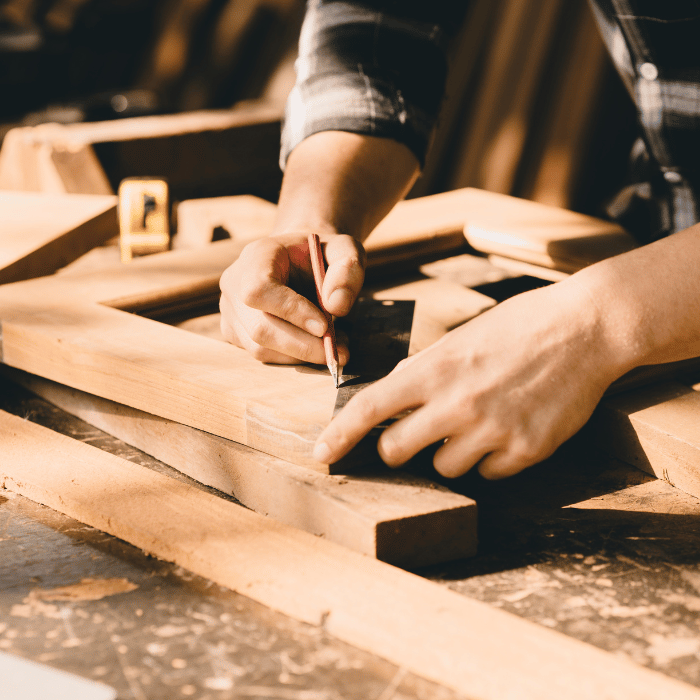As awareness of environmental issues and ethical consumerism grows, handmade products are increasingly important in promoting sustainable choices. Consumers are seeking products that reflect their values, including environmental responsibility, fair trade, and support for local artisans. Handmade items address these demands, encouraging sustainability, reducing environmental impact, and fostering more mindful consumption.
1. Reducing Waste and Overproduction
Handmade products are often produced in small batches or made-to-order, which minimizes waste and avoids the pitfalls of mass production. Artisans typically use only the materials they need and often incorporate recycled materials, helping to reduce industrial waste and offer a more eco-friendly option for consumers.
2. Sustainable Materials and Practices
Handmade goods are frequently crafted from natural, renewable, or recycled materials. Artisans prioritize eco-friendly resources like reclaimed wood, organic cotton, or plant-based dyes, creating products with a smaller environmental footprint. Handmade processes also use less energy compared to factory production, aligning with the growing trend of eco-conscious consumerism.
3. Supporting Local Economies and Fair Trade
Buying handmade supports local economies and artisans directly, contributing to their livelihoods. This support helps sustain traditional craftsmanship and artisanal skills passed down through generations. Many artisans, especially in developing countries, adhere to fair trade practices, ensuring fair wages and humane working conditions, resonating with ethical consumer values.
4. Craftsmanship and Durability
Handmade products are often designed with longevity in mind. Artisans put significant effort into each piece, aiming for durability, which contrasts with the throwaway culture associated with many mass-produced items. This durability reduces the need for constant replacement, lowering the environmental impact from frequent consumption.
5. Mindful Consumerism
Handmade products encourage a more intentional approach to shopping. Consumers often select handmade pieces that carry personal meaning or tell a story, rather than making impulse buys. This deeper connection fosters more thoughtful purchasing, where buyers appreciate the craftsmanship and value of a unique item, promoting sustainable consumer habits.
6. The Role of Technology in Promoting Sustainability
Technology has expanded the reach of handmade products, making it easier for consumers to discover sustainable options. Online marketplaces and social media connect eco-conscious shoppers with artisans worldwide. Artisans can use digital platforms to showcase sustainable practices and educate consumers about the environmental benefits of choosing handmade, broadening the sustainability movement.
7. Upcycling and Repurposing Materials
Many artisans lead the way in upcycling and repurposing, transforming waste into functional, beautiful items. From jewelry made from discarded metals to furniture crafted from reclaimed wood, these creations illustrate how creativity can turn waste into valuable goods, drawing eco-conscious consumers who value sustainability.
8. The Impact of Handmade on the Fashion Industry
Handmade products provide a sustainable alternative to mass-produced fashion, embracing “slow fashion” principles. Artisans create quality garments and accessories from sustainable materials designed to last beyond seasonal trends. By choosing handmade fashion, consumers support a more ethical industry and reduce overconsumption.
9. Conclusion
Handmade products represent a shift in consumer values towards sustainability, ethical practices, and mindful consumption. As more people seek eco-friendly, socially responsible products, handmade goods play an essential role in promoting a sustainable future. By supporting artisans, reducing waste, and choosing high-quality, durable items, consumers contribute positively to the environment and embrace values of sustainability and craftsmanship.

